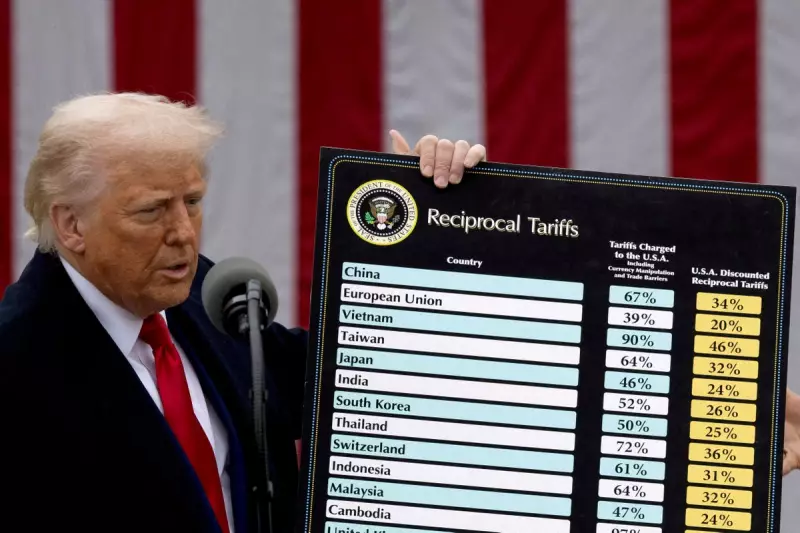
In a dramatic escalation of his ongoing legal battles, former US President Donald Trump has petitioned the nation's highest court to revive a contentious tariff policy previously struck down by lower courts.
The appeal, filed with the US Supreme Court, challenges a decisive ruling from the Court of Appeals for the Federal Circuit. That court had unanimously declared that Mr. Trump overstepped his presidential authority when he imposed steep tariffs on imports from countries he had controversially labelled "enemy of the state".
A Test of Presidential Power
The core of this legal showdown hinges on the interpretation of a 1970s trade law. The Trump legal team argues that the Tariff Act of 1974 grants the president broad,近乎不受限制的权力 to adjust tariffs for national security reasons. This interpretation was firmly rejected by the lower court.
Legal experts suggest this case could set a significant precedent, either curbing or cementing the power of future presidents to unilaterally enact sweeping trade policies under the guise of national security.
The Controversial 'Enemy of the State' Designation
At the heart of the dispute is the former president's use of the inflammatory term "enemy of the state" to justify the tariffs. The appellate court found that this designation fell outside the legal framework intended by Congress, calling it an arbitrary and unsupported exercise of power.
The ruling stated that such a label, untethered to specific legal criteria, could not form a valid basis for invoking the national security provisions of the trade law.
What Happens Next?
The Supreme Court is now faced with the decision of whether to hear the case. Its choice will be closely watched by governments, legal scholars, and markets around the world. A decision to take the case would plunge the justices into the politically charged arena of presidential authority and global trade, with potentially far-reaching consequences for international commerce and executive power.
If the Supreme Court declines to hear the appeal, the lower court's ruling will stand, effectively closing the door on this particular Trump-era trade policy but likely setting the stage for future debates over the limits of presidential power in an increasingly volatile global economy.





